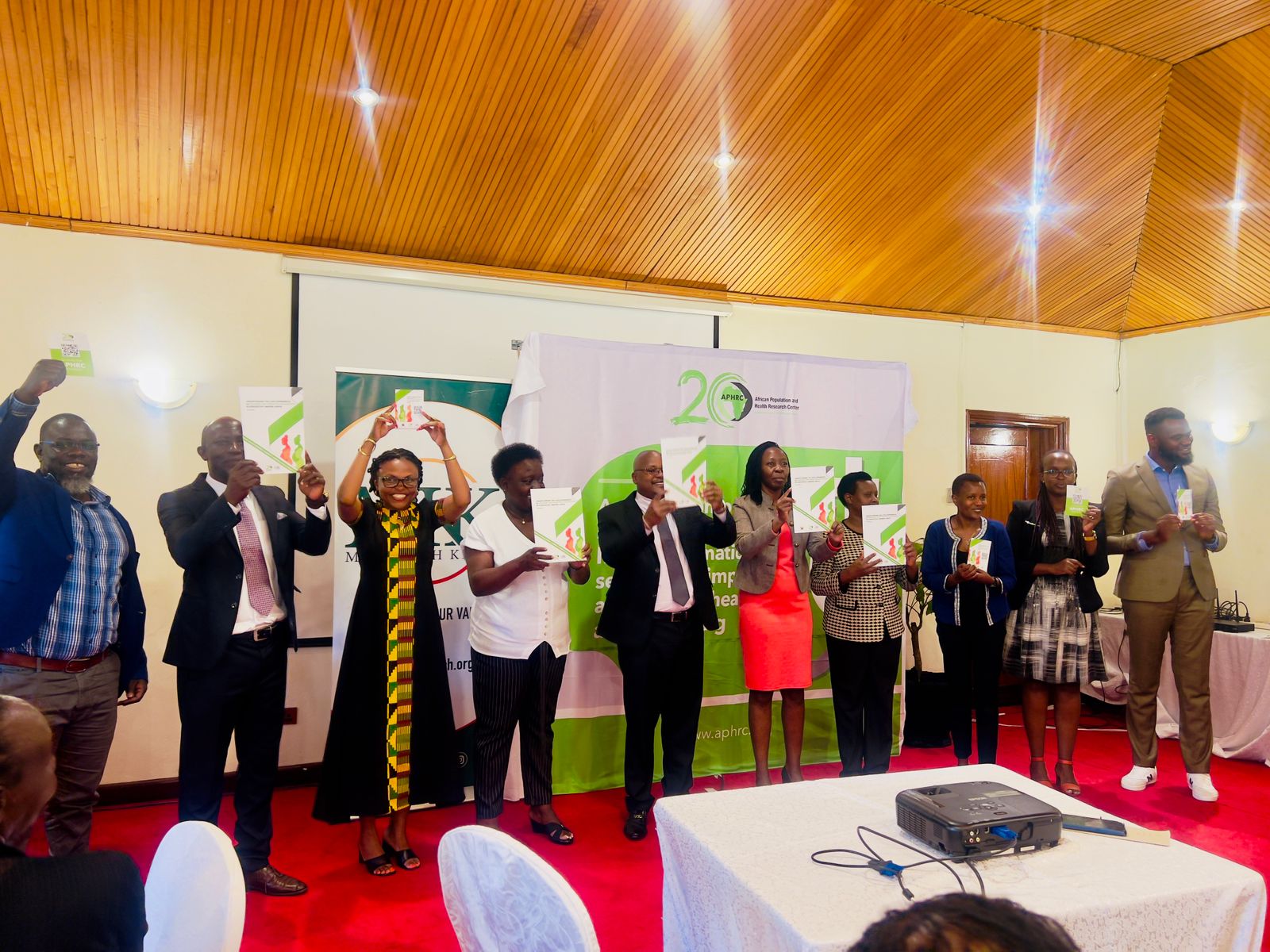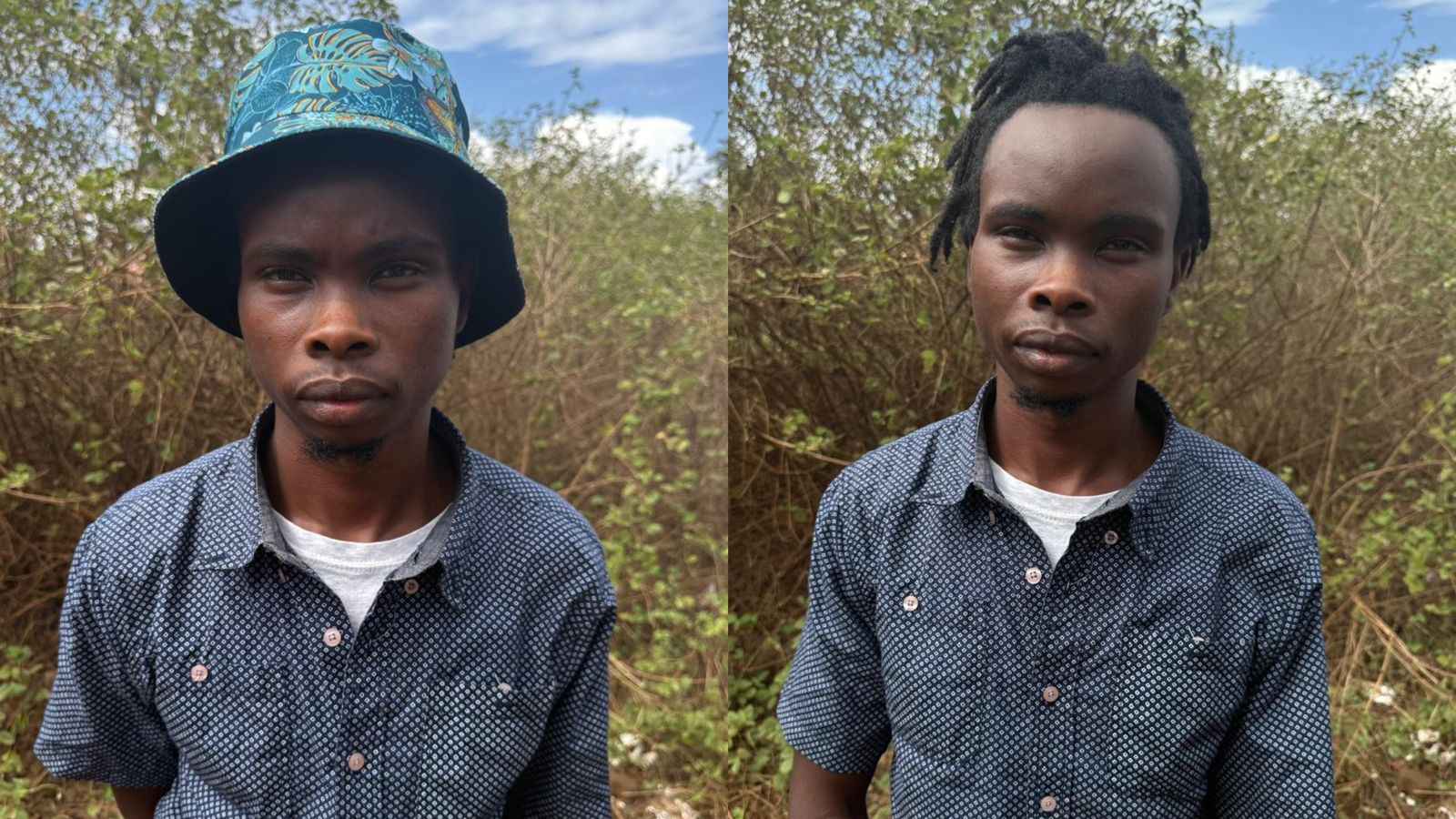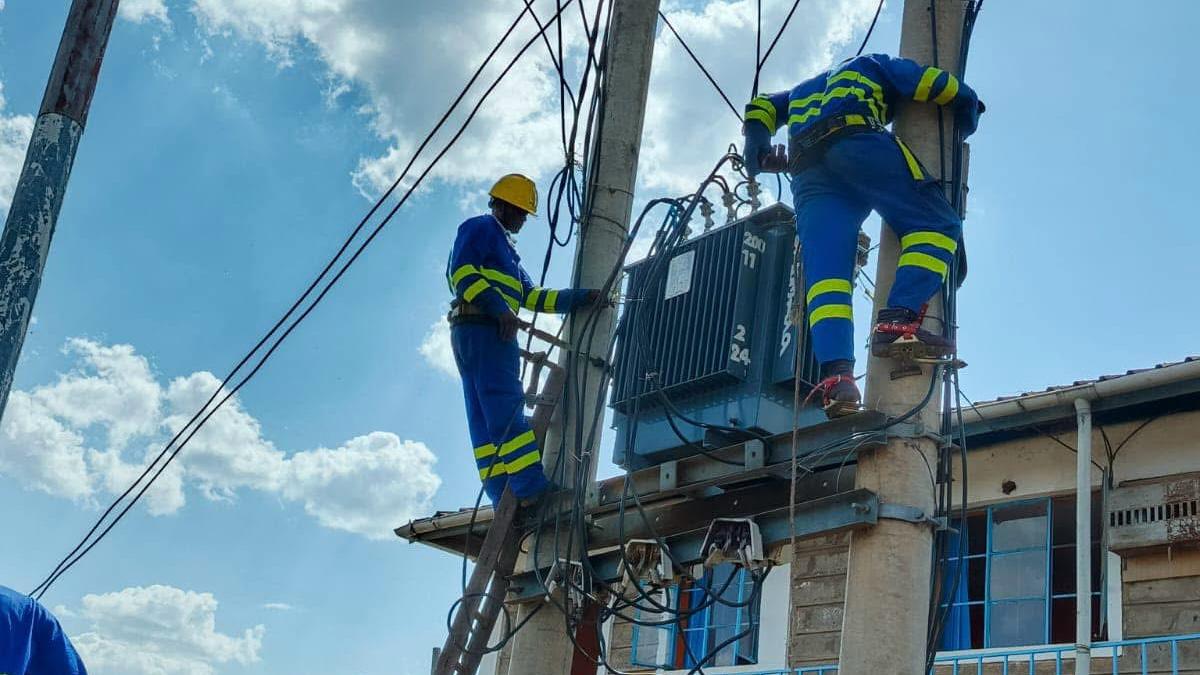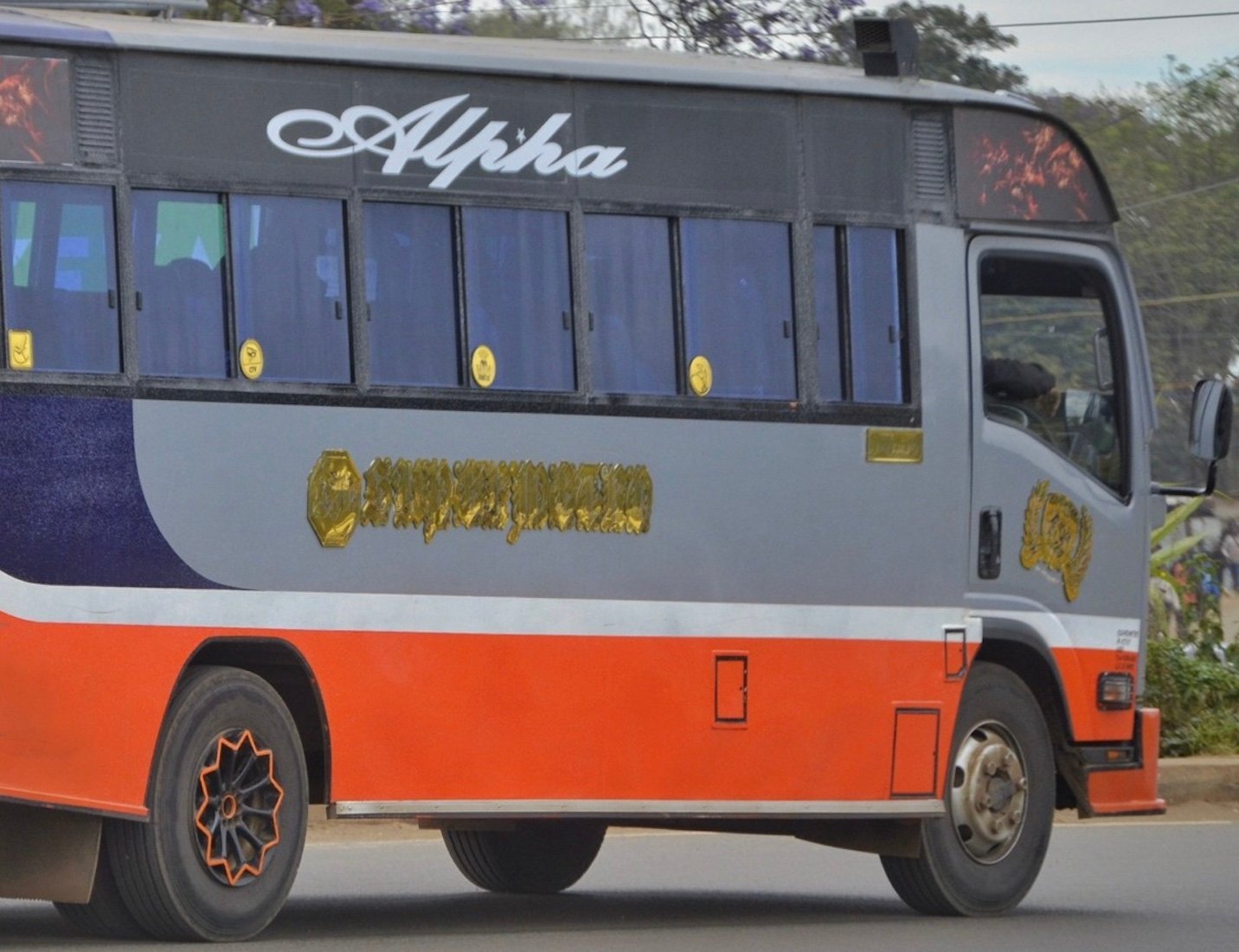A new study by the African Population and Health Research Center (APHRC), Miss Koch Kenya, and the Directorate of Children’s Services, Nairobi County, has detailed the challenges faced by pregnant and parenting adolescents in Korogocho slums, an informal settlement in Nairobi.
The study dubbed the Lived Experiences of Pregnant and Parenting Adolescents in Korogocho, Nairobi, Kenya was conducted using a mixed-methods research approach.
It delved into the lives of pregnant and parenting adolescents aged 10 to 19 years who are living in Korogocho.
"It aimed to understand the driving factors behind early pregnancy, the experiences of young mothers in healthcare facilities, the impact of adolescent childbearing on health and socioeconomic well-being, and how adolescent boys and girls navigate parenthood," a statement by APHRC read in part.
The study found that 77 percent of adolescent pregnancies in Korogocho were not planned.
Read More
It established that poverty, limited access to sexual and reproductive health information and services, and family-related factors contributed to these pregnancies.
"This evidence underscores the urgent need for comprehensive programs and policies aimed at addressing the multiple drivers of adolescent pregnancies," noted APHRC.

The study found that fear, shame, and stigma, deter adolescent girls from seeking antenatal care early in their pregnancies.
Furthermore, adolescent girls reported mistreatment and abuse during childbirth.
To address the issue, the study recommended the need to create youth-friendly spaces within healthcare facilities and to train healthcare providers to offer non-judgmental and respectful care to adolescent mothers.
Outside the health care system, the study found that adolescent mothers are also at risk for gender-based violence with nearly half reporting intimate partner violence.
"Urgent measures are therefore required to enhance access to support services and establish effective referral pathways for victims of gender-based violence," the Statement by APHRC added.
Childcare was also identified as a major concern, as adolescent mothers struggled to take care of their babies while dealing with the demands of daily life.
To address the challenge, the study recommended the establishment of low-cost daycare centres and safe houses in Korogocho and encouraged parents to support their adolescent children with childcare.
Further, girls reported significant barriers to school re-entry including a hostile school environment and a lack of financial support.
To address these challenges, the study recommends the provision of vocational training opportunities, reducing vocational training fees, and offering financial support to parenting adolescents.
"It is also important to sensitize teachers and students to prevent discrimination, provide financial support for school-related expenses, and offer breastfeeding breaks for parenting girls in school," APHRC stated.
"There is the need for immediate action to support pregnant and parenting adolescents in Korogocho and similar communities. The recommendations put forth by the study provide a roadmap for the national and county governments, community-based organizations, and other stakeholders to improve the lives of these vulnerable young girls and their children."


-1772133741.jpg)



